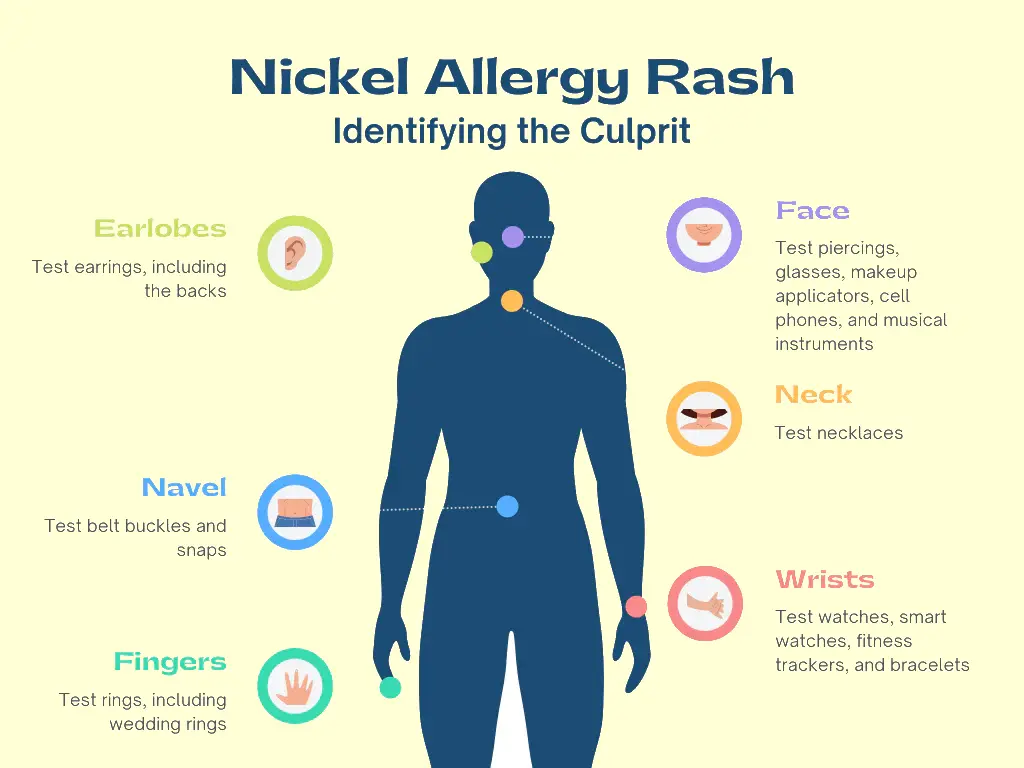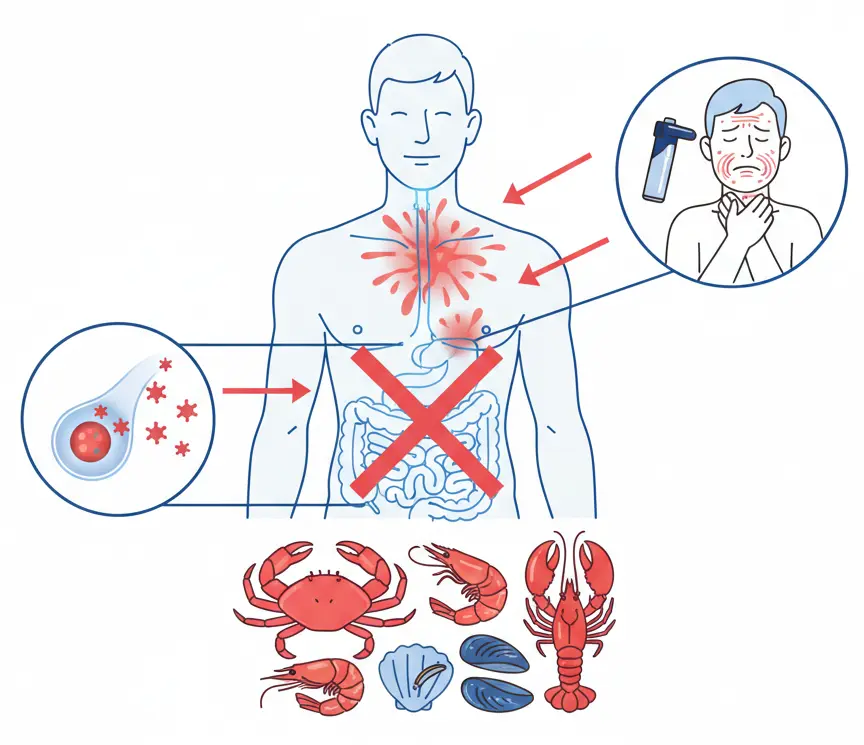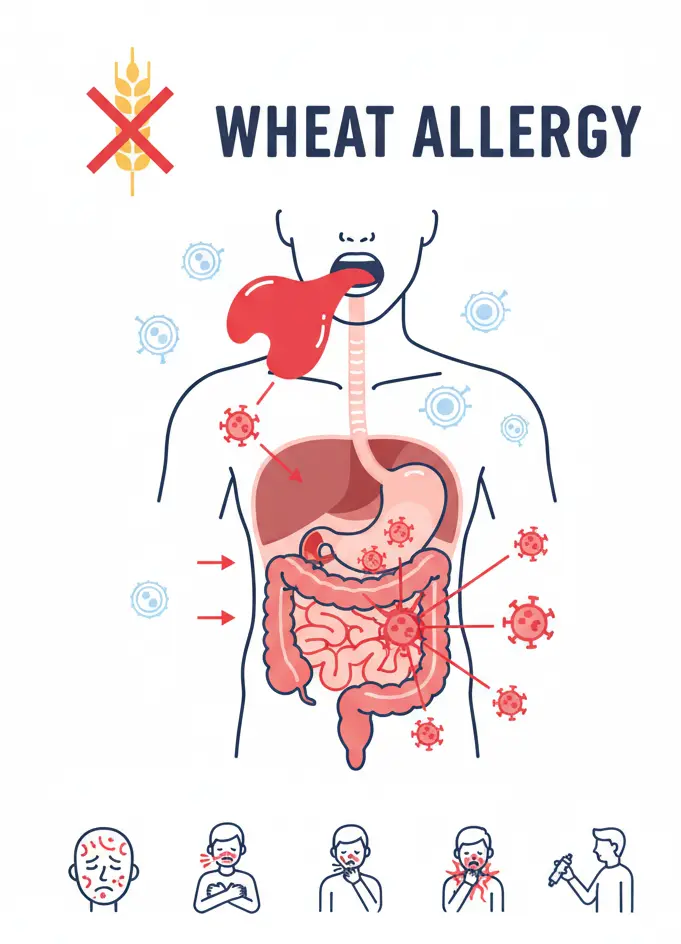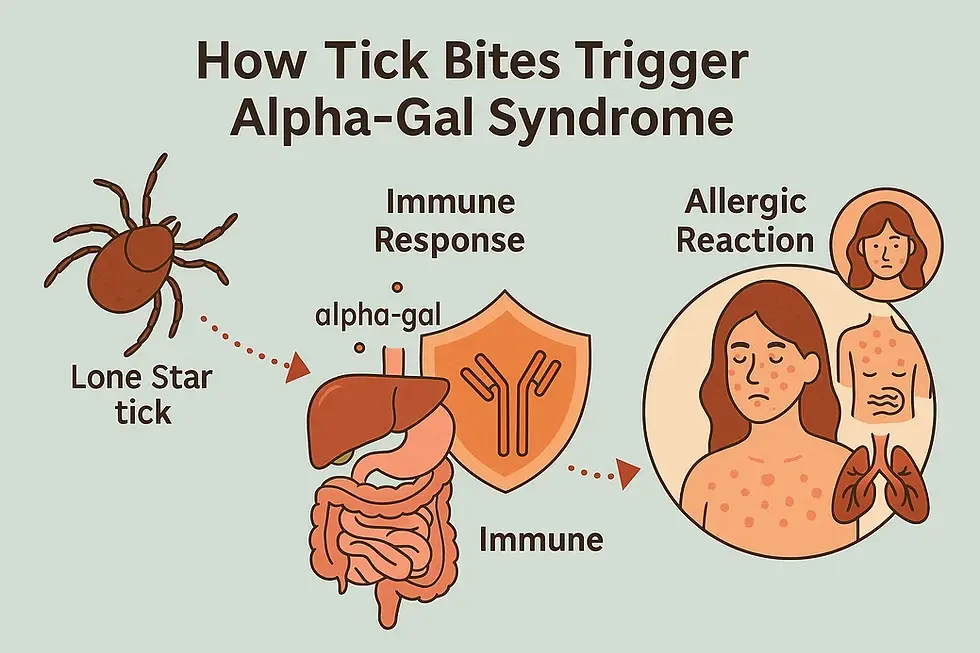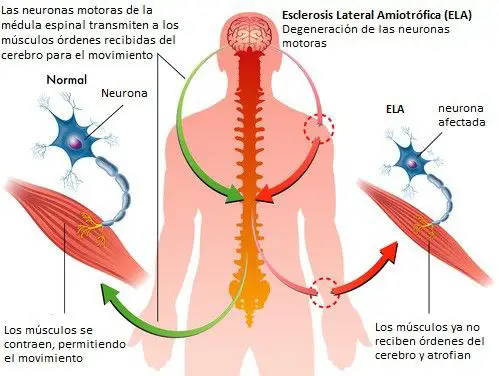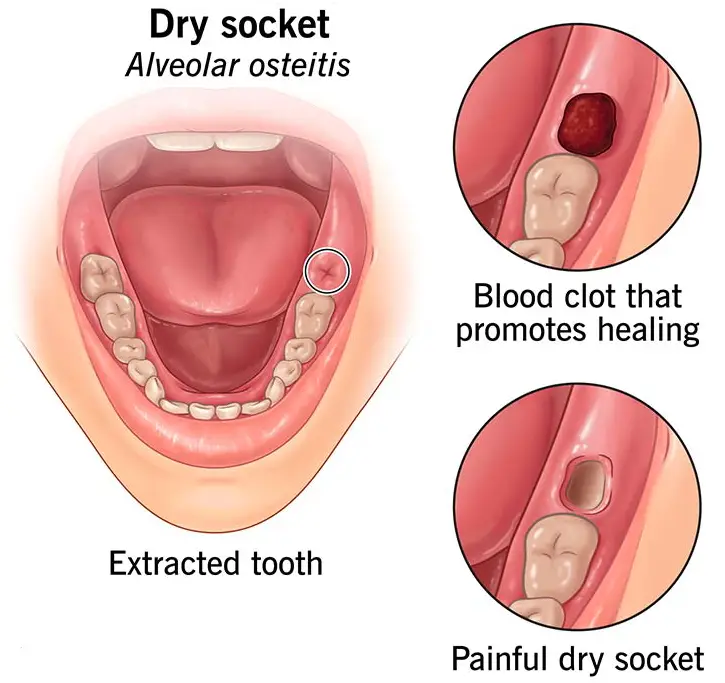Nickel allergy is a common form of contact dermatitis that occurs when the skin comes into contact with nickel-containing materials. Nickel is a metal widely used in jewelry, watches, eyeglass frames, coins, buttons, zippers, and electronic devices. In people with a nickel allergy, exposure triggers an immune response that leads to skin inflammation. The condition is not contagious and may …
Peanut Allergy
Peanut allergies happen when your body mistakes peanut protein for something harmful. Your immune system responds by causing an allergic reaction, which could include hives, vomiting and swelling. Peanut allergies are the most common food-related cause of anaphylaxis, which can lead to swelling in your airways or a severe drop in blood pressure. Call 911 (or your local emergency service number) or get to an …
Penicillin Allergy
A penicillin allergy occurs when your immune system reacts negatively to the antibiotic penicillin or an antibiotic in the penicillin family (beta-lactam antibiotics). Penicillin is a medicine that treats infections. When you take penicillin, the medicine destroys the outer wall of bacterial cells. This ultimately kills and removes a bacterial infection from your body. Just because you have a penicillin allergy today doesn’t …
Pet Allergy
If you notice you have allergy symptoms after being around pets, it’s a good idea to see your healthcare provider. They may refer you to an allergist. An allergist is a healthcare provider who specializes in allergies. They can help diagnose your pet allergies through specific tests. Before conducting pet allergy tests, they may ask you questions, including: Do you …
Shellfish Allergy
Shellfish allergy is a common food allergy that occurs when the immune system reacts abnormally to proteins found in certain marine animals. It can develop at any age and often persists throughout life. Reactions may range from mild symptoms to severe, life-threatening responses. Shellfish allergy is one of the leading causes of food-induced anaphylaxis in adults. Symptoms Symptoms usually appear …
Wheat Allergy
Wheat allergy is an immune system reaction that occurs when the body mistakenly identifies proteins found in wheat as harmful. This reaction can develop in both children and adults and may range from mild symptoms to severe, life-threatening allergic responses. Unlike celiac disease, which is an autoimmune disorder, wheat allergy involves an immediate allergic reaction after consuming or inhaling wheat-containing …
Hair Loss
Hair loss, also known as alopecia, is a common condition that involves partial or complete loss of hair from the scalp or other parts of the body. It can occur temporarily or permanently and may affect people of all ages and genders. Hair loss can result from genetic factors, medical conditions, hormonal changes, medications, or lifestyle influences. While often not …
Alpha-gal Syndrome
Alpha-gal syndrome is a type of food allergy that develops after a tick bite. In this condition, the immune system reacts to alpha-gal, a sugar molecule found in red meat and other products from mammals. Alpha-gal syndrome can be serious and may be life-threatening. In the United States, the condition most often begins after a bite from the lone star …
Amyotrophic Lateral Sclerosis (ALS)
Amyotrophic lateral sclerosis (ALS) is a progressive nervous system disease that affects nerve cells in the brain and spinal cord. These nerve cells, known as motor neurons, are responsible for controlling voluntary muscle movements such as walking, speaking, swallowing and breathing. As ALS progresses, it leads to a gradual loss of muscle control and strength. ALS is also commonly known …
Dry Socket
Dry socket, medically known as alveolar osteitis, is a painful dental condition that can occur after a tooth extraction, most commonly following removal of a wisdom tooth. It develops when the blood clot that normally forms in the extraction site becomes dislodged or dissolves before healing is complete. This exposes the underlying bone and nerves, leading to pain and delayed …
